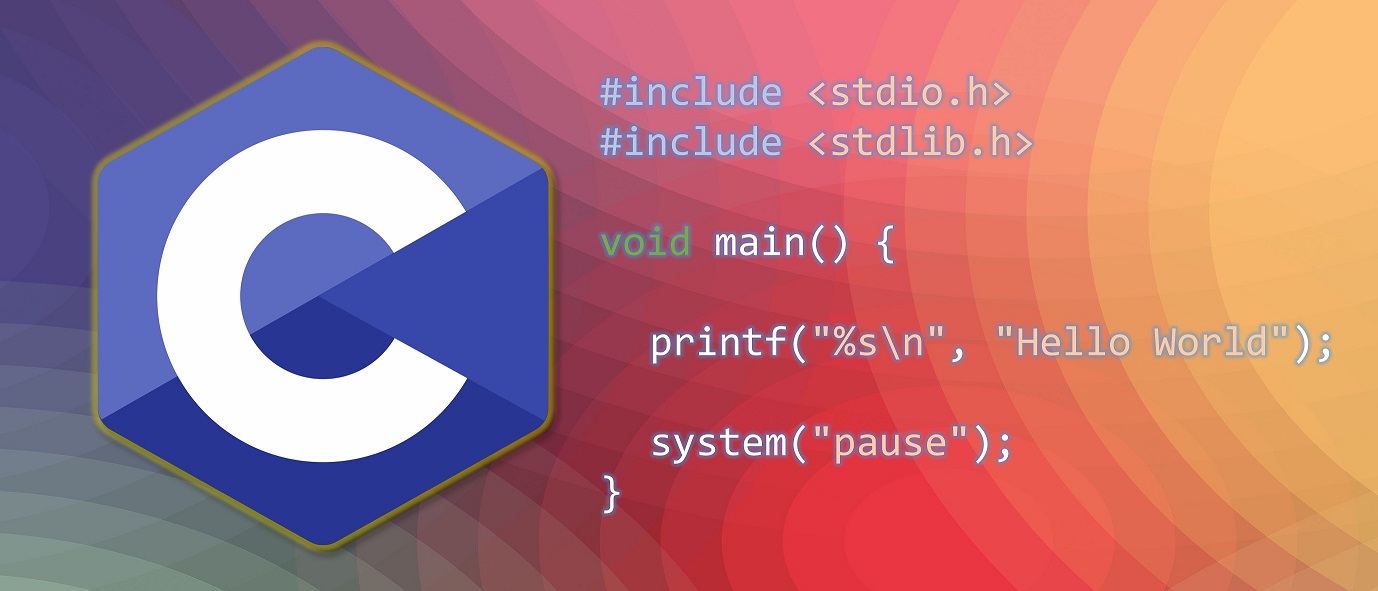字元指標 (Char Pointer)
字元指標 教學與筆記。
說明
可以相當方便地將一個字串常數指定給字元指標。
指定後不可改變字串裡的值
1 | char* str = "hello"; |
重新指定新的字串
當重新指定新的字串時,指向的記憶體位址會不相同。
1 | char* str = "hello"; |
不可直接使用字元陣列宣告指定字串
1 | char* str = "hello"; // OK |
指標與直接宣告字串之差異
以下兩者之差異:
1 | char str[] = "Hello World"; |
前者是個 char 陣列,包含 12 個 byte (包含空白和結尾\0),將字元一個個複製進 s 陣列。
後者是一個 char 指標,指向
"Hello World"這個字串常數的起始記憶體位置。
記憶體大小差異
1 | char s1[] = "Hello World"; |
結果:
size of s1: 12
size of s2: 8
s1 是陣列,所以占了 12 個 byte;而 s2 只是指標,所以只占 8 byte。
迴圈寫法差異
普通迴圈
1 | char s[] = "Hello World"; |
s++ 迴圈
只有 char* s 指標可以使用 *s++ 寫法。
1 | char s[] = "Hello World"; // error, lvalue required as increment operand |
理由是 char s[] 為陣列,s 值為 s[0] 之位址常數,且無法改變。
但 char* s 為指標,初始指向 “Hello World” 的 H,是一個變數,可以任意改變,可用 *s++ 修改指標之指向。
一般來說只用指標 char* s 速度會略快,因為不需複製 (copy) 的動作。
更方便的處理字串陣列
1 | char* s[] = { "John", "Harry", "George" }; |
s 中的每個元素都是字元指標,各自指向一個字串常數。
字元指標 (Char Pointer)

